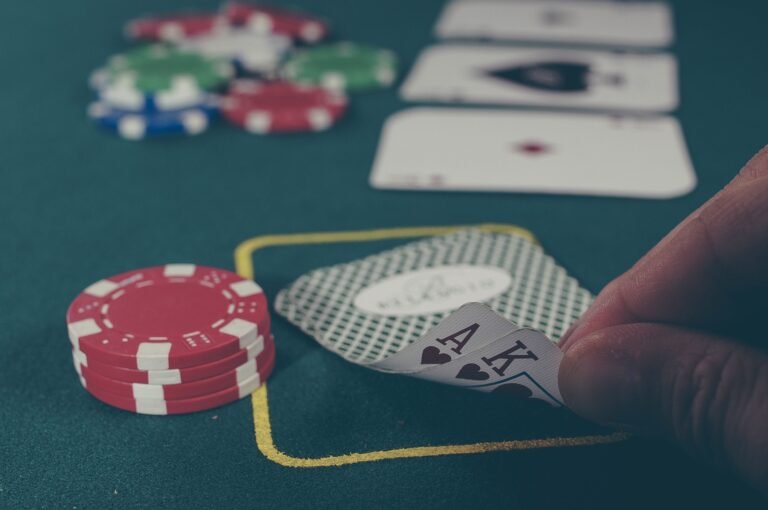Table of Contents
ToggleProcess Addiction
Process addiction is a psychological dependence that causes mental and emotional turmoil to those attempting to stop the particular behaviour. Additionally, process addictions often rewire the brain’s reward system in much the same way as substance addiction. Addiction comes in many forms, and although it is assumed that a physical dependence is required in order to be classified as addiction, behavioural addictions can cause just as much devastation in a person’s life as drugs and alcohol.

Process addiction, also called behavioural addiction, is characterised by a compulsion to consistently engage in an activity despite the negative consequences related to the behaviour. Common process addictions include sex and love addiction, shopping addiction, gambling addiction, gaming addiction, food addiction, and social media addiction. Although many of us engage in these activities on a daily basis, normal behaviour crosses over into addiction when these activities are continued to the point that they have an adverse effect on mental and physical health, interpersonal relationships, work or school, and other responsibilities.
Although substance addiction and process addiction are different disorders, they both require professional treatment. The main difference between them is that substance misuse involves a physical dependence – such as alcohol or heroin, and often results in physical withdrawal symptoms.
Understanding Different Process Addictions:
1. Gambling addiction:
Gambling addiction affects people across genders, age groups, and populations. The signs of a gambling addiction often include: feeling the need to be secretive about one’s gambling; gambling when you cannot afford to; concern from friends and family about your gambling; financial issues caused by gambling.
2. Sex Addiction
Sex addiction is many-faceted, and considerable controversy surrounds its diagnosis. It is generally described as a compulsive need to perform sexual acts and is associated with compulsively seeking out multiple partners, viewing pornography, and engaging in risky sexual behaviour. Signs may include but are not limited to: preoccupation with sex to the point that it interferes with daily life (work performance, relationships, productivity); relations with multiple partners, including strangers; guilt and remorse after sex.
3. Shopping Addiction
Although shopping addiction is considered a largely female problem, studies show that this addiction affects both genders almost equally. Compulsive shoppers often: spend more than they can afford; shop as a reaction to feeling angry or depressed; use shopping as a way to feel less guilty about a previous shopping spree; experience relationship issues due to spending or shopping too much.
4. Food Addiction
Food addiction presents in various forms and is often associated with other co-occurring disorders, such as eating disorders. Signs can include: compulsively eating when not hungry; eating more food than one can physically tolerate – to the point of feeling ill; hiding food or eating in secret; constant eating and snacking.
5. Exercise Addiction
Exercise addiction is an inability to cut back on exercise, even when it causes physical, psychological, and interpersonal problems.
6. Gaming/Video Game Addiction
Video game addiction is characterized by the compulsive, repetitive use of the internet to play games, which can have detrimental impacts on a person’s life and responsibilities.
7. Smartphone/Internet Addiction
Smartphone and internet addiction are fueled by compulsive overuse of digital technologies, often driven by a “fear of missing out.” This can lead to physical, mental, and social issues.
8. Work Addiction
Work addiction involves compulsive, repeated work behaviors over a long period that result in harm, distress, and impairment to a person’s life.
Treatment for Process Addiction:
Therapy is the most recognized treatment for process addiction, and individual therapy is a primary intervention for people suffering from behavioural addictions. A trained addiction therapist will help individuals to understand the underlying factors that cause the behaviour, and help them to learn how to manage it. These may include motivational interviewing (MI), acceptance and commitment therapy (ACT) and person-centred therapy.
Recovery852 specialises in personal, tailor-made treatment programmes for both substance and process addiction. Grant Sanders is a U.S. licensed and internationally accredited addiction professional as well as a member of the International Society of Substance Use Professionals (ISSUP). If you or a loved one needs help, reach out today.
- Different Types of Addiction
- Support Network In Recovery From Addiction
- Effective Treatment for Addictive Behaviours
- Cognitive Behavioural Therapy For Addiction
- Setting Realistic And Reachable Wellness Goals In Recovery
- How Addiction Affects Families
- Sober Curious: A Movement For Change
- The Five Rules Of Recovery
- What Is Acceptance and Commitment Therapy?
- Mental Health 102: Understanding Depression
- Unpacking Wine Mom Culture
- The Dangers of Addiction Replacement
- Nurtured By Nature: Nature In Addiction Recovery
- The 12 Steps For Atheists
- A Deeper Look Into Dual Diagnosis
- Financial Wellness in Addiction Recovery
- How Does Stress Affect Addiction?
- Mental Health 101: Understanding Anxiety Disorders
- Talking About Marijuana Use Disorder
- Yoga Practices in Addiction Recovery